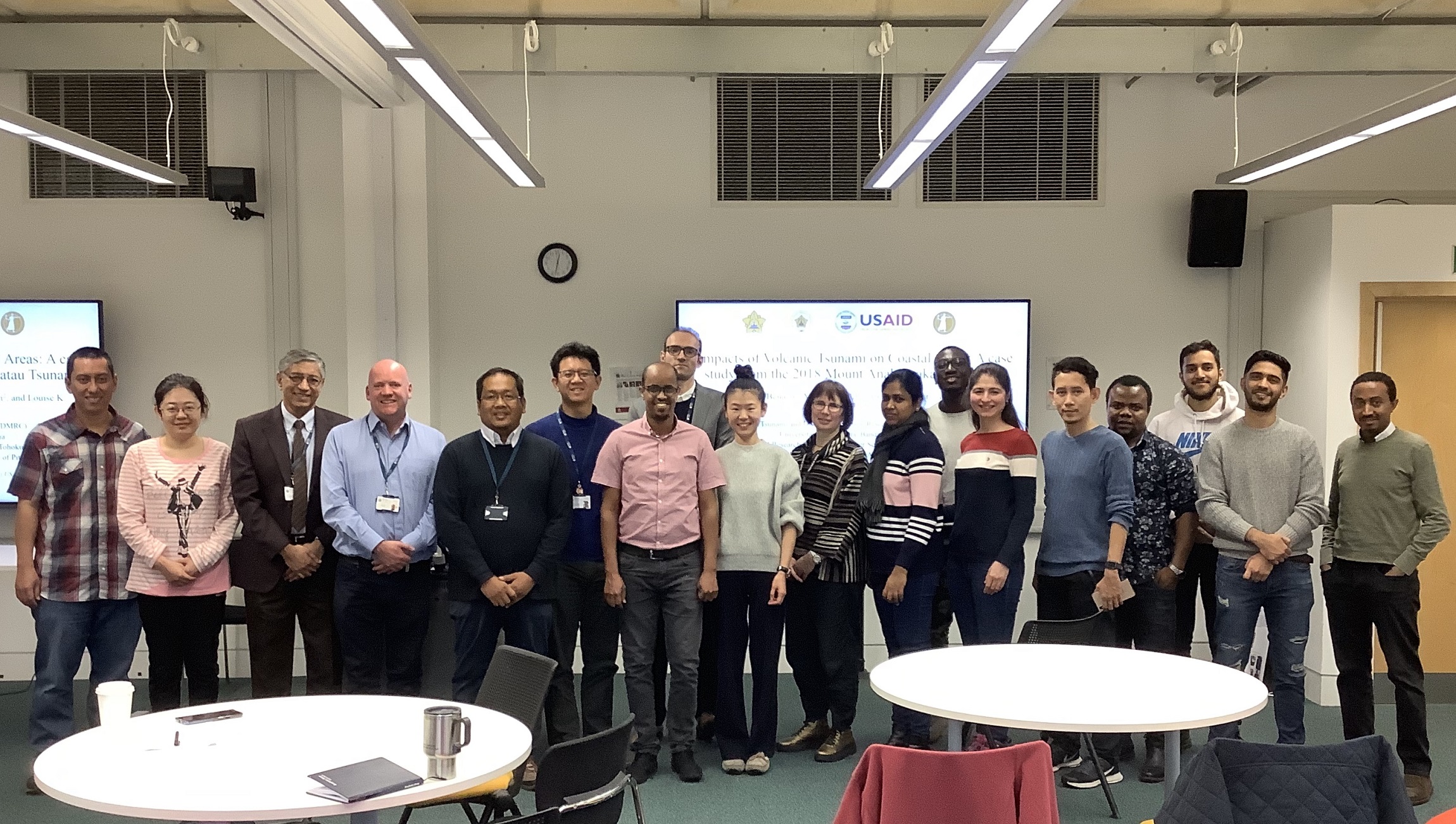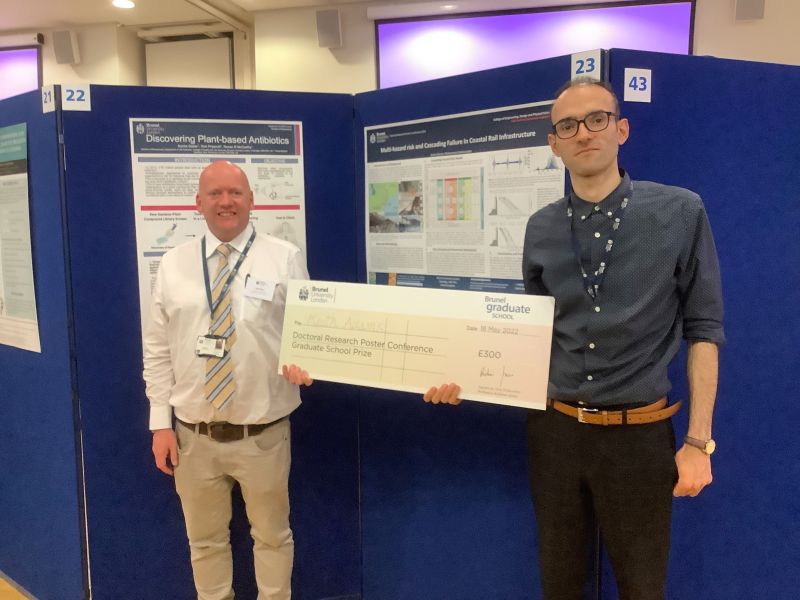
CERLAB: Coastal Engineering and Resilience LAB
Coastal Engineering and Resilience Lab (CERLAB), led by Dr Mohammad Heidarzadeh, is devoted to studying infrastructure resilience to natural hazards such as storms, tsunamis, hurricanes, earthquakes, and landslides. CERLAB addresses a broad range of coastal and hydraulic engineering problems from the fundamental dynamics of natural hazards to developing resilient infrastructure systems.
CERLAB team members: click here to see the team
CERLAB is involved in various projects worldwide addressing coastal engineering problems in Indian, Pacific and Atlantic Oceans, the Mediterranean Sea and the Persian Gulf. In a recent project funded by Natural Environment Research Council (NERC), researchers in CERLAB study tsunami effects to the west coast of India and deal with policy makers on the coastal resilience. Other ongoing projects are: Interaction of coastal structures and extreme geo-environmental coastal hazards, source process of the 8 September 2017 Mexico earthquake and tsunami, landslide-generated waves during the 2016 Kaikoura (New Zealand) tsunami, probabilistic and deterministic methods for coastal hazard assessment, tsunami warning systems in the Mediterranean Sea, and resilient coastal communities against extreme environmental hazards.
Global Research Challenges: CERLAB is committed in addressing coastal hazards throughout the world by contributing to coastal problems in various geographical locations including (but not limited to) Japan, Indonesia, Philippines, Iran, Ecuador, Chile, Colombia, Papua New Guinea, Solomon Islands, Pakistan, Oman and USA.

Selected research projects addressed by CERLAB
PI: GCRF project “Building earthquake and tsunami resilience in Indonesia”. Funder: Royal Society UK. Time: 2019-2023. (link: https://sites.google.com/view/tsuindonesia)
Co-I: Lloyds’ project “Future Indonesian Tsunamis: Towards End-to-end Risk quantification (FITTER)”. Funder: Lloyds, UK. Time: 2019-2022. (link: https://www.turing.ac.uk/research/research-projects/future-indonesian-tsunamis-towards-end-end-risk-quantification-fitter)
Co-I: NERC project “Hurricane Maria and Dominica: geomorphological change and infrastructure damage surveys“. Funder: NERC UK. Time: 2018-2019. (link: https://gtr.ukri.org/projects?ref=NE%2FR016968%2F1)
Co-I: GCRF NERC project “Tsunami risk for the Western Indian Ocean: steps toward the integration of science into policy and practice“. Funder: NERC UK. Time: 2017-2018.
PI: BRIM project “Understanding the contribution of cascading effects during storms to the vulnerability of UK coastal transport infrastructures”. Funder: BRIM/EPSRC UK. Time: 2018.
PI: JSPS project “A comprehensive analysis of the twin Indonesian tsunamis in September and December 2018”. Funder: Japan Society for the Promotion of Science (JSPS). Time: 2019.
PI: GBSF project “Interaction of earthquake and typhoon hazards: intensification of the damage from September 2018 Hokkaido earthquake due to the heavy rainfall from Typhoon Jebi”. Funder: Great Britain Sasakawa Foundation (GBSF). Time: 2019.
Co-I: M2D project “Potential large tsunami hazards associated with landslide failure along the West coast of India: from uncertainties to planning decisions“. Funder: Models to Decisions (M2D), NERC/EPSRC/ESRC. Time: 2018.